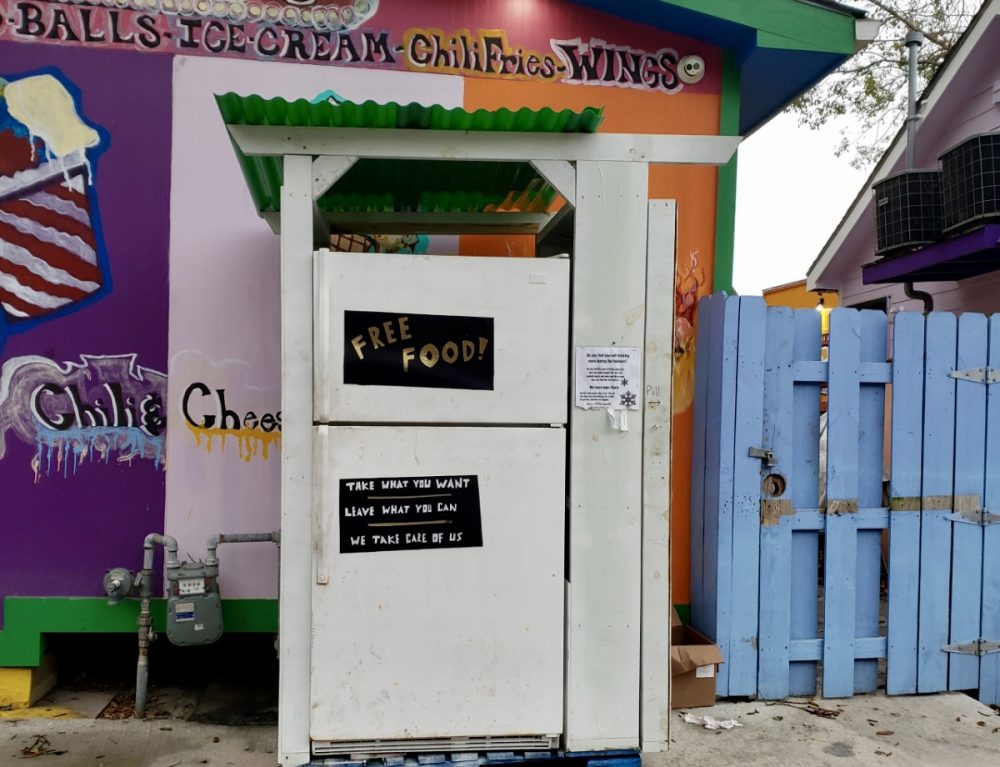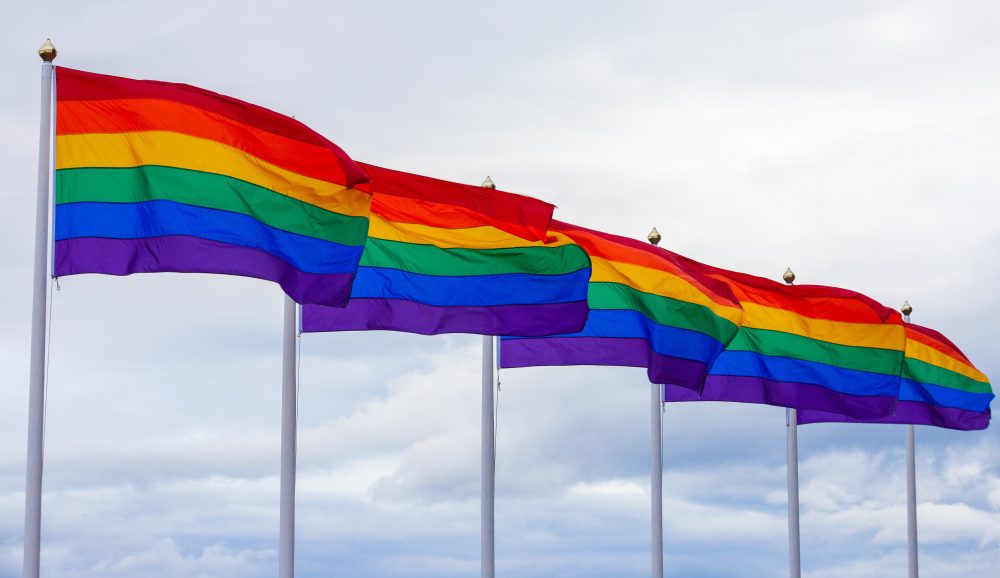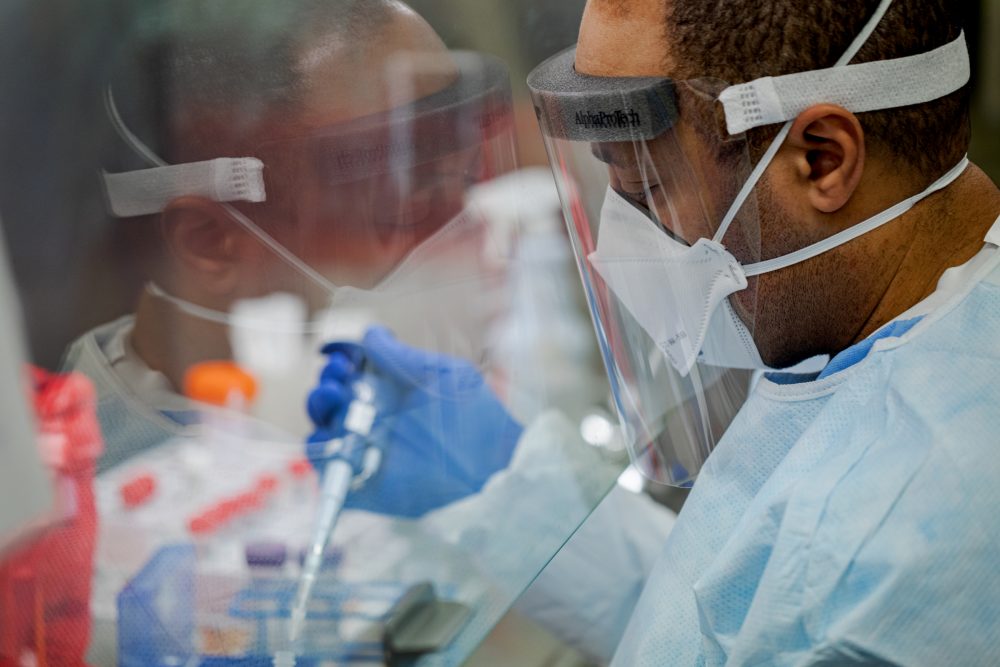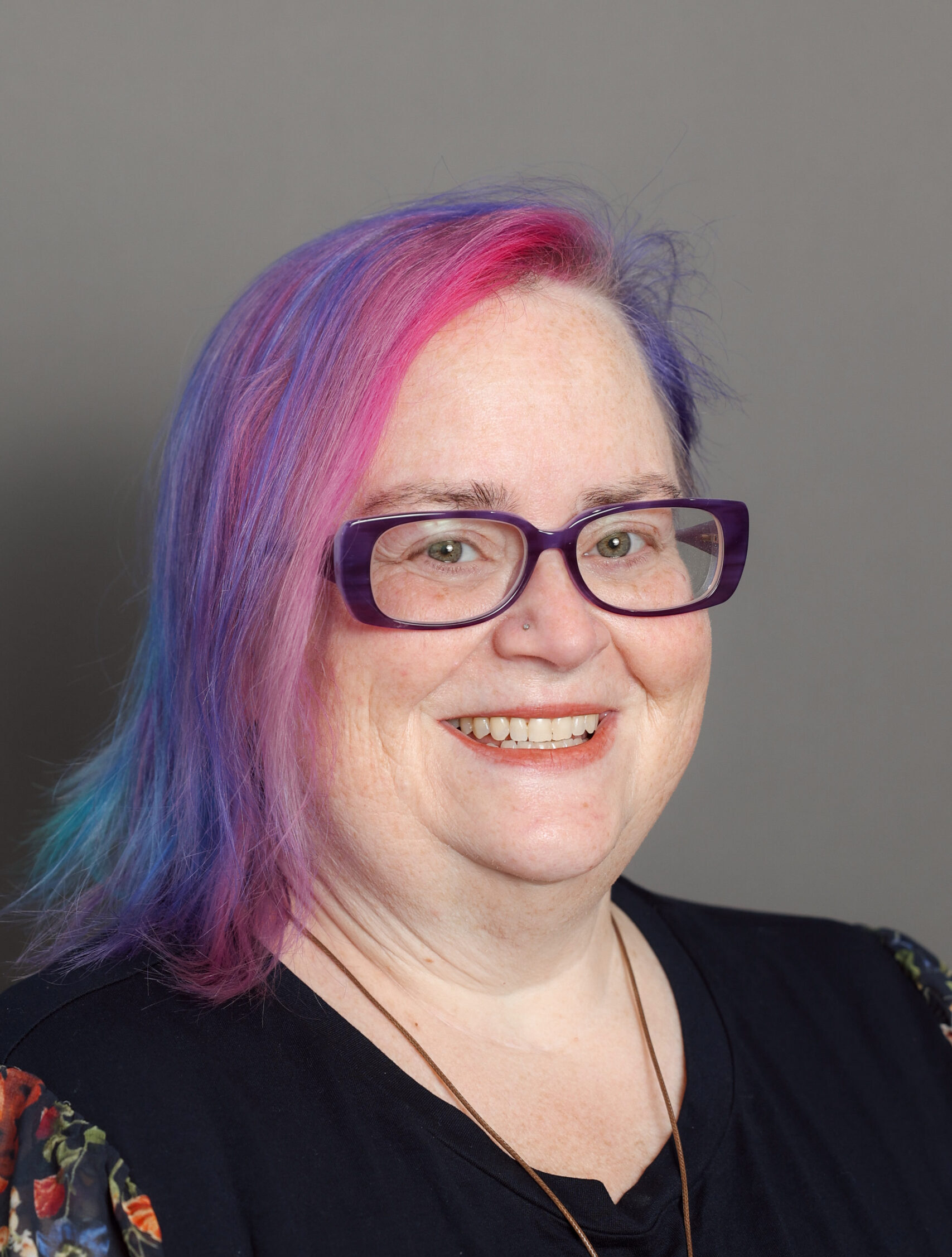Stronger Together: Supporting Mutual Aid for Equitable Recovery
Lean on me when you’re not strong And I’ll be your friend. I’ll help you carry on For it won’t be long. Til’ I’m gonna need somebody to lean on. ~ Lean on Me, Bill Withers When the widespread transmission of COVID-19 in the U.S. began last March, I was introduced to the term […]

Others in the philanthropic sector may have had the same or similar experience or may have seen mutual aid organizations’ work without realizing what it is. So what is “mutual aid”? Why is it important for grantmakers and donors to understand the unique and transformative role of these organizations?
What mutual aid is and isn’t
On their Facebook page, IWW posted, “Reminder that this group is focused on mutual aid — not charity. Mutual aid is a guiding principle for practicing reciprocal and collective care. Please be sure to give as much as you request … and to request if you’ve been busy giving.”
The term “mutual aid” is an old one, attributed to Pëtr Kropotkin in 1902. But in many ways, mutual aid is just what neighbors do, especially in rural and underserved communities. I grew up in a place so small that it didn’t even meet the legal definition as a municipality. But if someone died, others delivered food. If your lawn needing mowing or you needed a ride to the city, you just asked a neighbor.
In my adopted home of New Orleans, social aid and pleasure clubs were founded by Africans in America in the mid-19th century, in part to provide financial burial support for slaves and free people of color. The Black Panthers’ breakfast clubs, started in 1969, is another example of people coming together to provide a needed resource and organizing community at the same time.
Mutual aid is not the same as charity. It asks us to move past the typical charitable thinking “What can I give to support someone else?” into “What kinds of support do I need myself?” and “How can we support our community?”
Mutual aid is multidirectional by seeking to support everyone’s needs; it’s not a unidirectional charitable transaction from donor to recipient. It is about people working in solidarity to provide a “Band-Aid solution” for an immediate need while also building a tighter community and creating solutions for the root causes. Consequently, mutual aid pushes us toward justice.
Solidarity at work
Imagine Water Works’ co-founder and executive director Klie Kliebert shared a few examples of how this reciprocity could work:
“Let’s say you see a community need, but you don’t quite have all of the tools or resources to help out. You might come [to the group] and post something like ‘I said I’d help someone move, but I don’t have boxes. Does anyone have some to spare?’ That way, you’re both offering and receiving help, for the collective good of our community.
Please also keep in mind that we’re doing this equitably — meaning that we prioritize those who are most impacted by systemic oppression…
Another example is Rise St. James needed masks, so Imagine Water Works provided them. They’re using the PPE giveaway as a way to raise awareness about Formosa Plastics and petrochemical pollution in St. James Parish. (Learn more about that here.)
Or I saw in another group that someone is cooking for the New Orleans Community Fridges but needed containers to put the food in.”
On a personal note, I organized a community holiday gifting program for families in need because of the recent hurricanes in Louisiana, COVID-19 or other reasons, under the auspices of Imagine Water Works. There was a place for everyone to plugin; it was truly a community effort. I took on the organizing role and people with financial resources provided donations and new gifts to families. Some of those who received gifts contributed used clothes or toys their kids had outgrown. Another connected several non-English speakers to the program and offered translation to ease communication. And another recipient checked on me every day to make sure I was eating properly and not spending all my non-work hours on the program (and continues to check in). A friend helped wrap presents. Someone volunteered to create driving maps. Junior League donated diapers and wipes, and Culture Aid, another CDP grantee, provided food boxes for every family. Some folks offered to make the deliveries while others provided the gas money. Centering mutual aid meant that, unlike traditional holiday programs, each person got exactly what they needed — from gifts to food, cleaning supplies and more.
Giving and receiving that move us toward social justice
Structured and non-structured mutual aid groups have flourished during the COVID-19 crisis. Kendall Mayhew, an organizer with Ground Game Los Angeles, told Vice’s Motherboard, “COVID-19 is just pulling back the curtain on how unbelievably flawed our political and social structures are, and our economic system, not to mention our healthcare system. We’re only as safe as the person who has the least among us, so we have to pull together to lift everybody up, and that means systemic change.”
Mutual aid efforts work to create change by building a network of skilled advocates and community organizers. Kliebert said, “Something that has set IWW apart from other mutual aid groups is years of trained experience in disaster preparedness and response, in-person and digital facilitation and mutual aid … long before COVID hit. That doesn’t happen on the fly — it happens when community organizers are given the time, space and resources to grow that skill set.”
How funders can best support mutual aid
Kliebert said:
“The overhead funding that CDP awarded us in response to COVID and in preparation for hurricane season is truly what made our work possible. We could not have engaged in hurricane season or in Laura response without knowing that we had funding to cover the dedicated staff time required to keep the project going for a year. It is one of the clearest cases for ‘funding pre-disaster’ that I have ever seen.
Pre-disaster is also when we created the network that was able to support through Hurricane Laura, Zeta and others. This kind of funding means that we have the time to create, grow and maintain the networks that we need for the long term and that can serve several functions — especially for those who live in areas of cyclical and ongoing disaster, such as the Gulf Coast.”
For donors and grantmakers, supporting mutual aid groups by funding operating costs and overhead expenses helps address critical resource needs and builds a stronger community.
Contact Tanya Gulliver-Garcia to learn more about how you can support mutual aid groups in your community.
More like this

For equitable recovery from COVID-19, we can’t leave LGBTQ+ people behind

